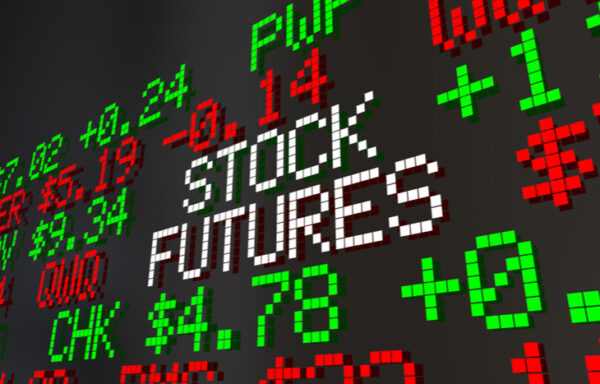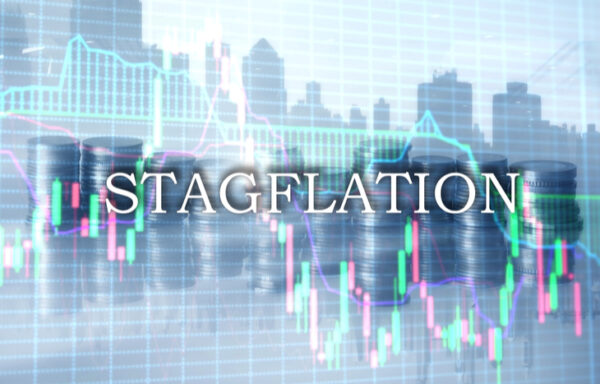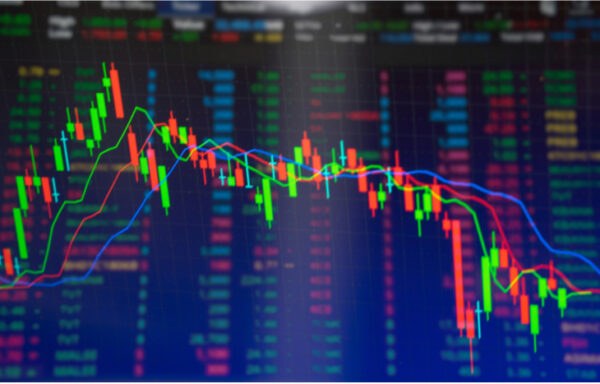Put Call Ratio: Using Options to Tell When Stocks Are About to Fall
Put Call Ratio: Using Options to Tell When Stocks Are About to Fall
By Dr. Steve Sjuggerud, Chairman, Investment U
Monday, June 20, 2005: Issue #446
“I’m recommending put options on Google” my friend Porter Stansberry told me two weeks ago “So my readers can make triple-digit profits as shares fall back to earth.
“I replied, “Okay, Porter But isn’t that like standing in front of a freight train right now?”
It may be out of gas, he tells me. “Steve, a secret signal you showed me years ago, plus the activity in its options, tells me that we’ve seen the top in that stock.“
I can’t tell you the secret indicator. But I can share with you what the options trading in the world’s most widely used search engine may be telling us about where the stock price is headed.
And I can show you how to track the options activity in the stocks you own, employing the put call ratio, to help determine when they might change directions on you.
Using Options – Trading Activity & the Put Call Ratio
I find the chart below fascinating…
The red line is our stock’s share price, while the blue line is the stock’s put call ratio for options.
Simply said, when the blue line gets extremely high, it’s time for the stock to rally. And when the blue line gets extremely low, it’s time for the stock to crash.
I’ll explain why in a minute. But first, take a look at the chart below When the blue line peaked two years ago (at the beginning of this chart), shares of its stock jumped from $100 to $200 a share in no time. Now, today, the blue line is at all-time lows. Time for it to tank?
Source: schaeffersresearch.com
The blue line on the above chart shows the trading volume in stock options. When the blue line is at a high extreme, everyone is betting our stock will crash. And of course, it’s then a great time to trade on the opposite outcome.
When the blue line is at a low extreme, everyone is betting on GOOG soaring. And chances are, the opposite will happen. The “put call ratio,” as it’s called, can be used as one gauge of investor sentiment. When the put call ratio reaches extremes in either direction, it can signal a turning point in the stock’s direction.
A Whole Lot of Speculating Going On
The put call ratio is telling us that many more people are betting on shares of GOOG to rise rather than fall. Since “the crowd” now believes that the stock will rise, we may be at an extreme that signals a turning point: it may be time to go against the crowd.
Another way to check out the extreme in optimism is to look at where these options traders have placed their bets. As I write, we’re talking in the area of $280 a share.
Talk about optimism As you can see from the chart below, there are many people betting on shares exceeding $380 a share, by mid-July! Now, that’s optimism!
Put Call Ratio Chart # 2: The Options Bets That Expire in July
Even Better Than Your Basic Put Call Ratios
Put call ratios are far from perfect.
In fact, one friend of mine, Jason Goepfert of SentimenTrader.com, is fully aware of this. So he’s made a few “tweaks” to the classic put call ratios to make them more useful. He’s devising new put call indicators to specifically target what the “dumb” money is doing now.
For example, one of Jason’s indicators is his “ROBO” put call ratio. “ROBO” stands for “retail-only, buy-only.” Jason isolates the small options trades (trades of 10 contracts or less – “retail only”), and he only looks at people making “buy” orders (instead of short-selling options – “buy only.”)
This way, he figures, he’s getting at what the “retail investor” – the “dumb” money in the options market – is doing with his money.
Jason’s ROBO stock put call ratio has accurately picked the major tops and bottoms. As Jason says in his description of the ROBO put call ratio on his web site:
“At the height of the stock market bubble, retail traders were going crazy over call options. For the week ended April 7, 2000, they bought to open 1,380,000 calls and only 237,000 puts, for a put call ratio of 0.17. They were so delirious with lust that they were willing to pay an average premium of $814 per call contract to be in the game. They paid an average of $599 at the time for their puts. So they were buying nearly six times as many calls as puts, and paying 36% more for the right to do so.”
“At an opposite extreme, the week ended October 11, 2002, they bought to open 430,000 calls with an average premium of $182. During the same week, they bought 508,000 puts for an average of $250. So they were willing to pay 35% more for protection than they were for potential upside – the opposite of what they were doing during the bubble.”
Put Call Ratios: Summing It Up
When you’re trying to gauge the end of a move (in either direction) in a stock (or the overall market), put call ratios are a useful arrow in your quiver. They shouldn’t be used by themselves, but their message shouldn’t be ignored either.
You ought to take a look at the put call ratios on your favorite stocks, to see if any of them are at an extreme like our example above, and ripe for a fall. You can do this for free at schaeffersresearch.com (click “Quotes & Tools” then scroll to the bottom for “Sentiment Tools”).
Also, though it’s not for everyone, if you’re particularly interested in technical indicators for sentiment, like put call ratios, you ought to try out sentimentrader.com. Jason is doing fantastic work at a great price.
In summary, the put call ratios we use in our example today suggest GOOG may be “over-loved” and ripe for a fall. My friend Porter’s call might not be that crazy after all. Are your stocks ready for a fall, too? Find out
Good investing,
Steve
Today’s Investment U Cribsheet
- Bernie Schaeffer kindly offers free put call ratio charts on most stocks for free on his website, schaeffersresearch.com. His book on options, The Option Advisor, is in my opinion one of the best options books ever written. Check them both out.
- Again, if you’re a professional, or you like lots of technical indicators, Jason Goepfert’s sentimentrader.com is a great site with a great price.







